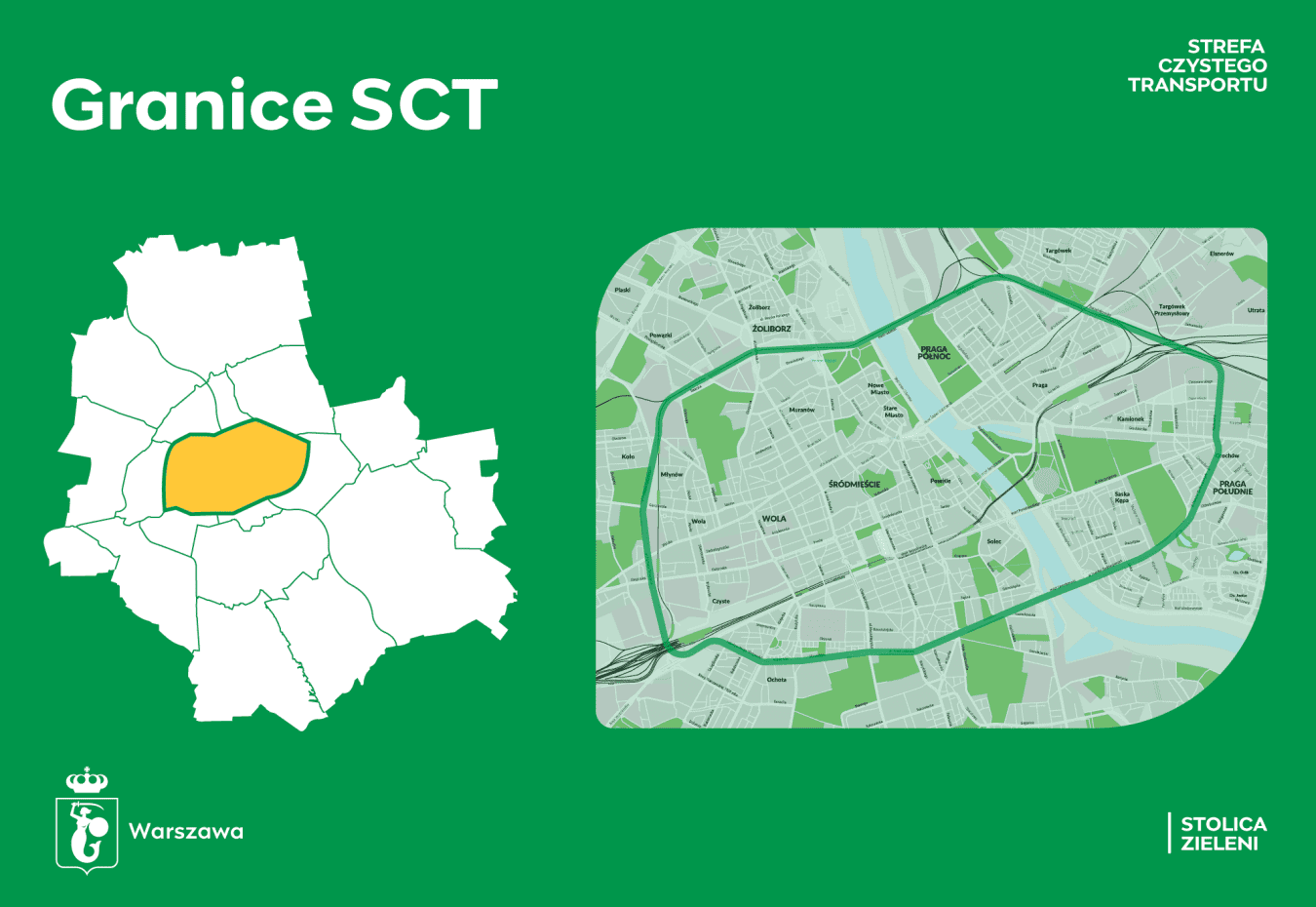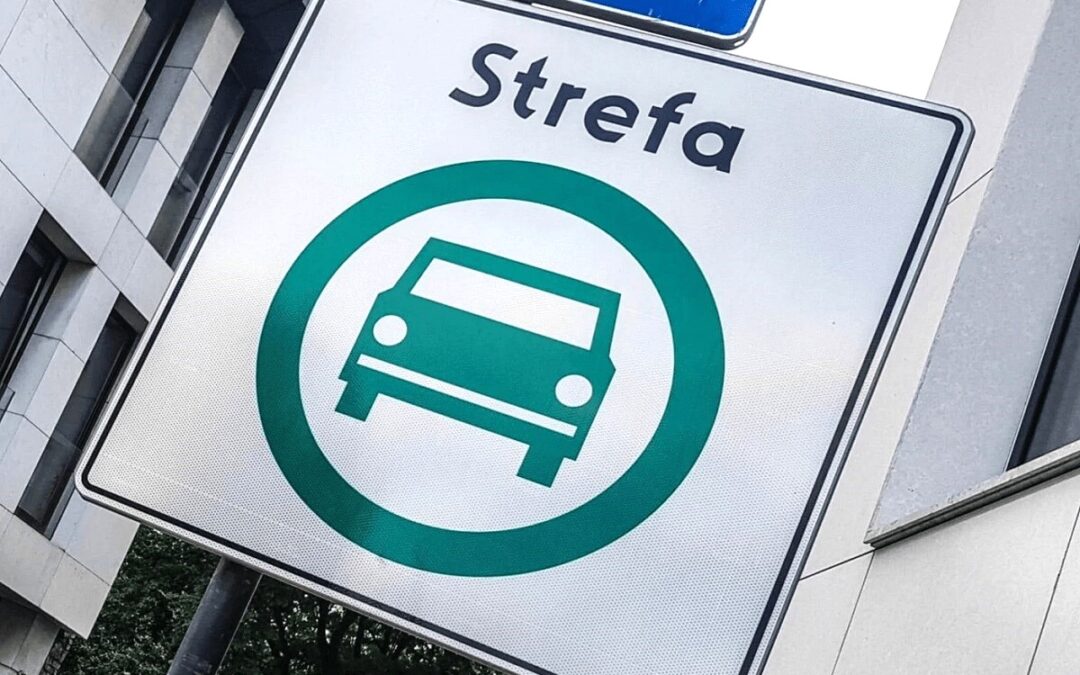Warsaw has called on drivers to ensure they are prepared for the introduction next month of a “clean transport zone” that will ban older cars from the city centre. It is the first such measure implemented anywhere in Poland.
The municipal authorities have launched a website allowing people to check if their car is among those that will now be barred. However, they insist that only around 3% of vehicles will currently be affected by the measures.
🌳Nalepka w Strefie Czystego Transportu? Można, ale nie trzeba!
✅1 lipca w stolicy zacznie działać Strefa Czystego Transportu. Już dziś kierowcy mogą szybko sprawdzić swoje auta pod kątem zgodności z wymogami strefy. To ważne, bo aż 97 proc. posiadaczy aut nie musi podejmować… pic.twitter.com/qMjA4P59IL
— Warszawa (@warszawa) June 18, 2024
Last year, Warsaw announced that, from 1 July 2024, it would ban diesel cars over 18 years old and petrol cars over 27 years old.
Those thresholds will then be gradually lowered in the next stages of the project to ban even younger cars. Eventually, by 2032, diesel cars over 11 years old and petrol cars over 17 years old will be banned.
The clean transport zone covers an area of 37km2, representing 7% of the city. It includes the entire Śródmieście district at the heart of Warsaw, as well as parts of the adjacent Wola, Ochota, Saska Kępa, Grochów and Praga neighbourhoods.

The aim of the ban is to reduce the negative impact of transport emissions on human health and the environment. Poland has some of Europe’s most polluted air, with vehicle emissions one of the leading causes.
City hall estimates that, despite excluding only 3% of vehicles, the first stage of the project will already significantly diminish harmful substances in the air, with nitrogen oxide (NOx) expected to fall by 11% and particulate matter (PM) by 20%.
By the time the measures are fully introduced in 2032, the city calculates that this will have resulted in an 80% reduction in NOx and a 69% drop in PM.
An annual “smog ranking” has found that Poland’s air – which is among the most polluted in Europe – has improved.
The average concentration of harmful PM10 particles was within maximum safe limits in all monitored places for the first time since 2015 https://t.co/sm1eD4dbJW
— Notes from Poland 🇵🇱 (@notesfrompoland) November 3, 2023
Certain exceptions are allowed. Senior citizens, drivers who have a European parking card for people with disabilities, and those who drive a vehicle legally classified as being historic or as serving a special function can apply for exemption from the rules. So can companies that have their registered office or settle taxes in Warsaw.
Those residing in Warsaw and paying taxes in the capital will be exempt from meeting the requirements of the zone in the first two stages of its introduction, meaning until January 2028.
Poland’s second-largest city, Kraków, had intended to be the first in Poland to introduce such a clean transport zone. However, its plans have been delayed after a court ruled in January that they had not been properly formulated.
The first attempt to introduce a “clean transport zone” in Poland has been rejected by a court.
The measures, which were due to go into force this year, would have banned older, more polluting cars https://t.co/fHtwURZVO9
— Notes from Poland 🇵🇱 (@notesfrompoland) January 11, 2024

Notes from Poland is run by a small editorial team and published by an independent, non-profit foundation that is funded through donations from our readers. We cannot do what we do without your support.
Main image credit: Warszawa/X

Agata Pyka is a former assistant editor at Notes from Poland. She specialises in Central and Eastern European affairs, cybersecurity, and investigative reporting. She holds a master’s degree in political communication from the University of Amsterdam, and her work has appeared in Euractiv, the Balkan Investigative Reporting Network (BIRN), and The European Correspondent, among others.



















